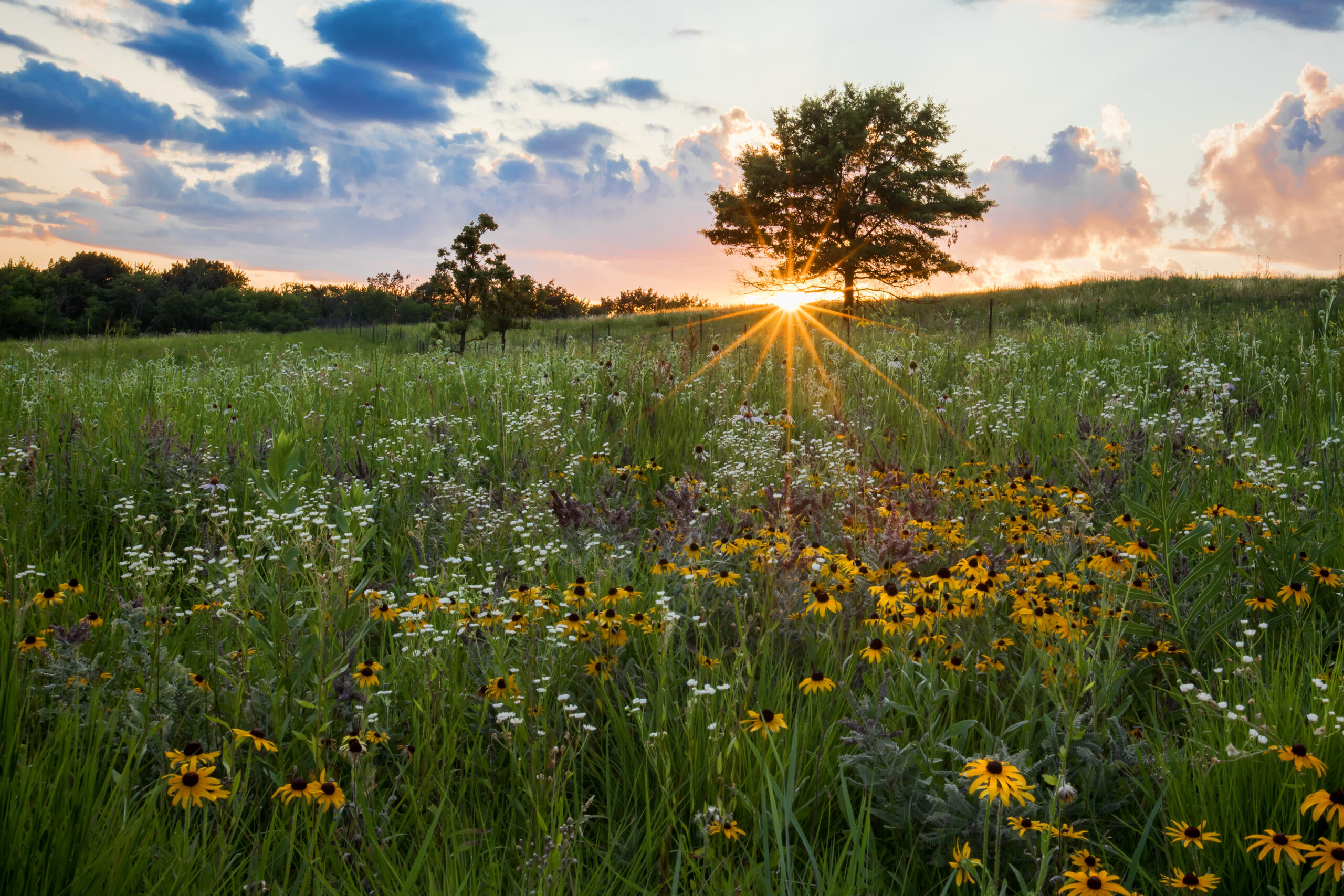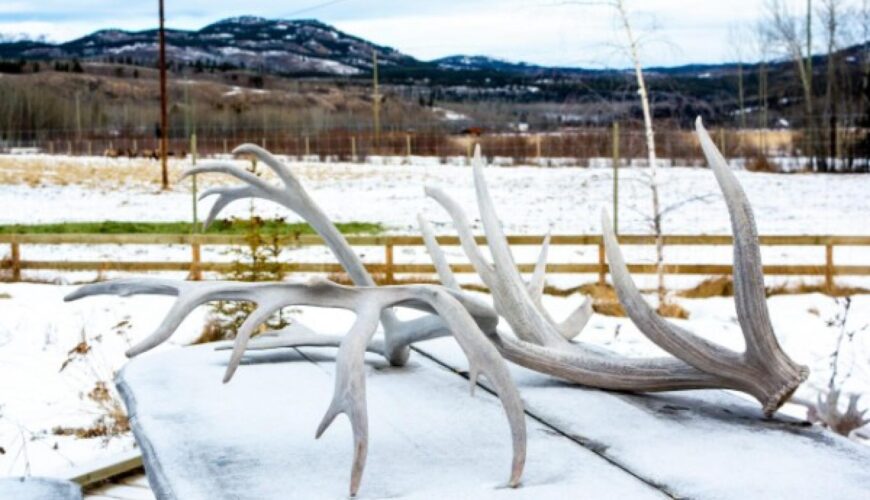Tactics
Spinnerbaits for Bass
January 30, 2026 •John N. Felsher
July 15, 2022
There is some debate about the best time to go shed hunting. Some diehard shed hunters say to start early in the year for the most impressive finds, while others wait until the warmer days of March or April to begin their search. However, conservationists weigh-in that early spring is the best time. Not only do you as a hunter gain the benefit of nice weather and still open woods, but the deer at this point also have had the chance to recuperate from the harsh winter without the stress of being pushed and frightened by roaming humans. This means additional healthy bucks for next fall.

With the growing popularity of shed hunting, some state and wildlife agencies have even created shed hunting seasons and permits. So regardless, always check your local regulations before going out. And if you have never considered shed hunting as part of your spring routine—why not start now? It’s not too late.
Shed hunting is expected to be a huge hobby this season as COVID-19 slowly winds down and responsible hunters stick to social distancing routines. So how do you get into shed hunting yourself? While some shed hunters enjoy having the best gear, and a solid shed-hunting canine companion by their side, if you want to get into shed hunting as a novice all you really need is a good pair of boots and a great eye.
Mossyoak.com shared the top three hotspots where shed antlers can be found: Bedding areas, feeding locations, and travel corridors.
“While targeting feeding fields, try to get high on a hill, climb into a tree stand or even use the top of your truck to gain elevations to scan down. Glass the field using an 8-or 10-power binocular looking for antler tips or shiny spots of white,” they wrote.
Realtree.com weighs in on alternative hotspots as well’
“Other trail areas to consider include fence, ditch and deer crossings. Anything that causes the deer’s body to jolt has the potential to knock off a loose antler,” they write. If you get lucky enough to find a shed, “make mental note of the location… unless outside factors (weather, food, predators, etc.) influence [bucks] winter ranges, they’ll shed within a few hundred yards of the same spot each year.”
Most importantly, get ready to walk. A lot. Most experienced shed hunters spend hours upon weeks walking various hotspots. And like most hunts, practice makes perfect. Don’t be discouraged. If you come back empty-handed, shed hunting is still great socially distanced exercise even if not successful.
